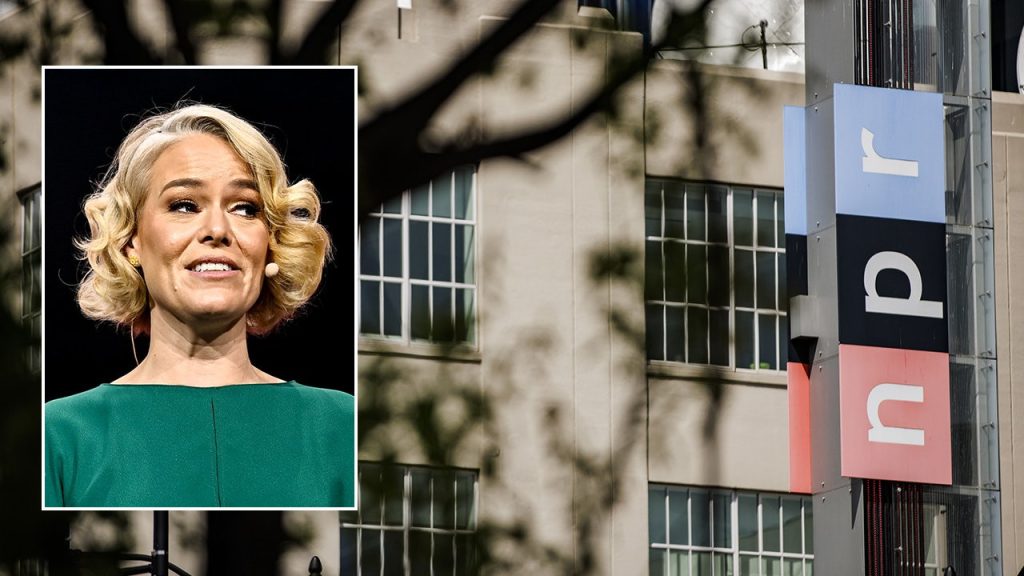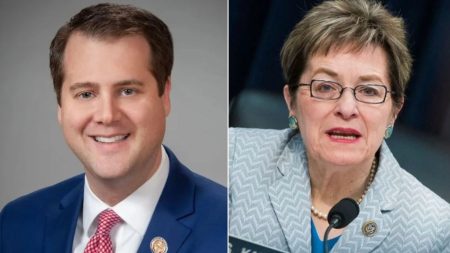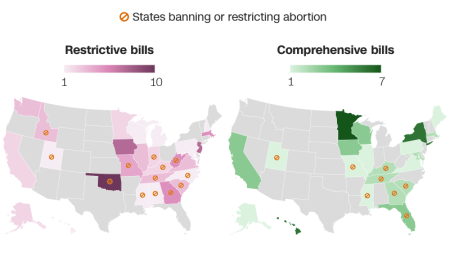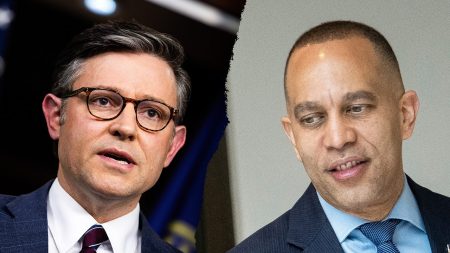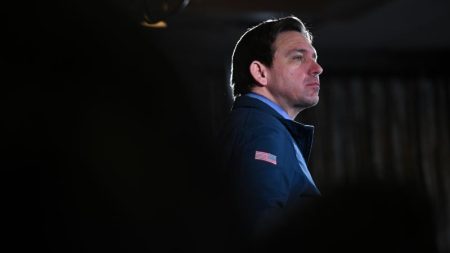A group of Republican senators have expressed concerns over ideological bias at National Public Radio (NPR), led by CEO Katherine Maher, following criticism from former senior editor Uri Berliner who resigned citing her “divisive views.” The senators, including Senate Republicans Kevin Cramer, John Barrasso, Marsha Blackburn, and others, highlighted NPR’s editorial direction as allowing ideological bias to take center stage. Berliner’s critique of NPR’s coverage included allegations against former President Trump, Hunter Biden’s laptop, and the origins of COVID-19, as well as the lack of ideological diversity among NPR’s editorial staff.
The senators emphasized their disappointment in NPR’s decidedly left-leaning editorial stance, calling it a serious threat to the integrity and diversity of thought. They called on Maher to initiate a “course correction” to address the lack of diversity at NPR and fulfil its responsibility as a publicly funded entity to provide impartial coverage that informs all Americans, regardless of political affiliation. Maher’s lack of editorial background and her publicly shared Democratic views on social media have attracted particular scrutiny, especially her comments criticizing news outlets for coverage of looting during riots following George Floyd’s death in 2020.
In response to Berliner’s criticism and calls for funding restrictions on NPR, Republican lawmakers have renewed efforts to address federal funding for the organization. Senator Blackburn has expressed interest in introducing legislation to address funding for NPR, joining several measures in the House seeking to do the same. The controversy surrounding NPR and its CEO Maher has reignited the debate over ideological bias in media organizations that receive federal funding, with calls for greater diversity and impartiality in news coverage.
The letter from the Republican senators underscores the deep concern over ideological bias at NPR and the need for a more diverse and impartial editorial direction. The lack of Republican representation among NPR’s editorial staff, as highlighted by Berliner’s research, has raised questions about the organization’s commitment to providing balanced and unbiased news coverage. The senators’ call for a “course correction” from Maher and NPR reflects a broader effort to address concerns over ideological bias and promote greater diversity of thought in media organizations.
The controversy surrounding NPR and its CEO Katherine Maher highlights broader issues of ideological bias in media organizations and the need for greater diversity and impartiality in news coverage. Republican lawmakers have raised concerns over the lack of ideological diversity at NPR and have called for a “course correction” to address the organization’s decidedly left-leaning editorial stance. Calls to restrict funding for NPR and introduce legislation to address funding for the organization reflect ongoing debates over media bias and the role of publicly funded entities in providing balanced and impartial news coverage.
The criticism of NPR’s editorial direction and CEO Katherine Maher underscores ongoing concerns over ideological bias in media organizations and the need for greater diversity and impartiality in news coverage. Republican senators have called for a “course correction” at NPR to address the lack of ideological diversity among its editorial staff and ensure that the organization fulfills its responsibility as a publicly funded entity to provide impartial coverage that informs all Americans. The controversy surrounding NPR and calls for funding restrictions highlight broader issues of media bias and the role of publicly funded entities in promoting balanced and diverse news coverage.





